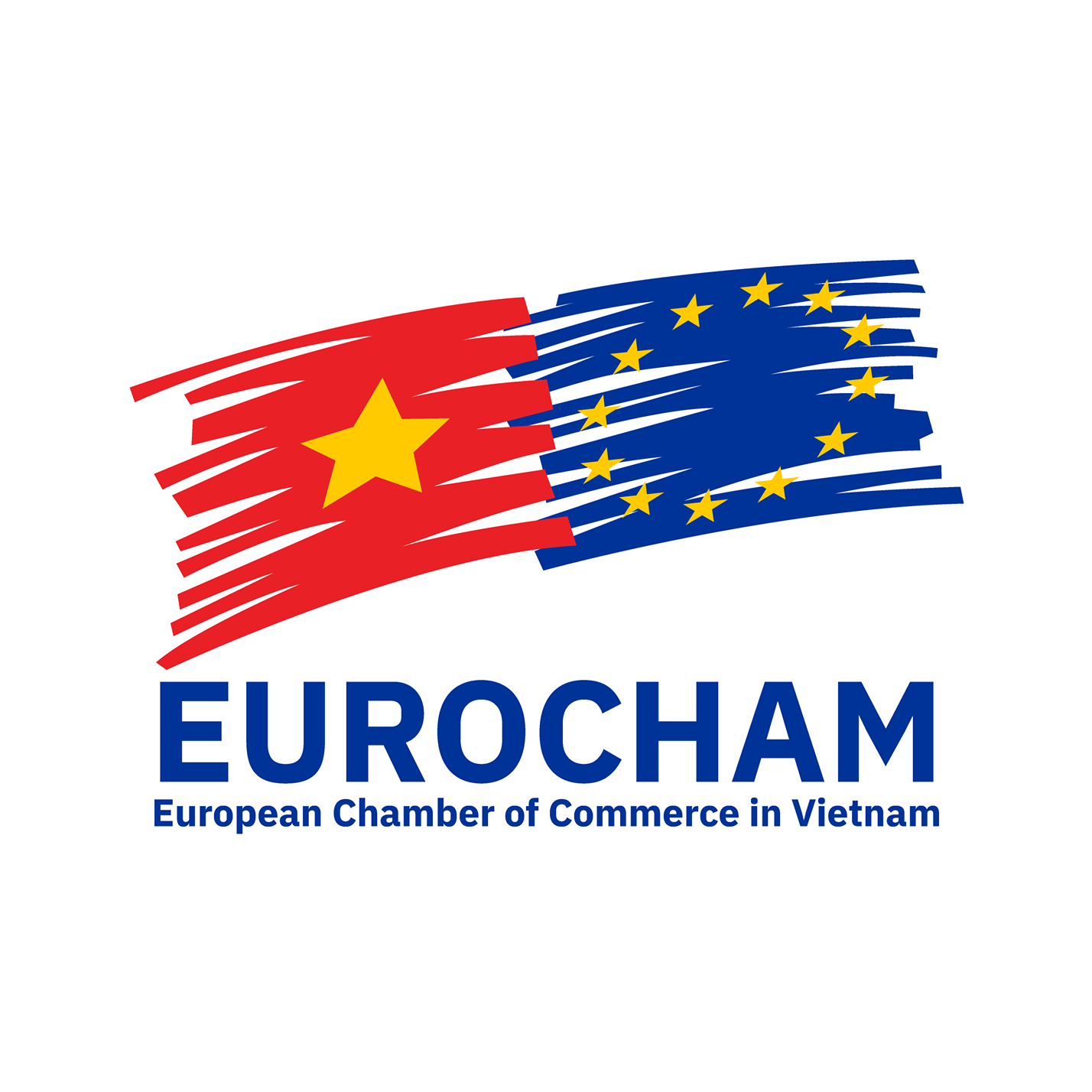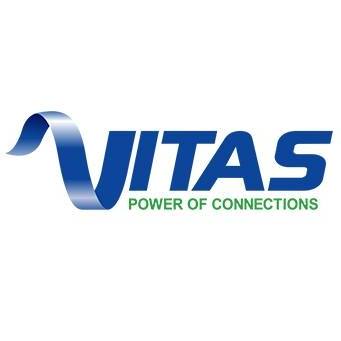
Everything you need to know about Certificate of Origin (C/O) in Shipping
A certificate of origin is a document that many logistics companies need and also need to be aware of when importing and exporting goods. It is important for logistics services to make themselves aware of the rule and regulations that come with such documents, in order to ensure their supply chain runs as seamlessly as possible.
What is a Certificate of Origin?
A certificate of origin is a document that is required to verify the country of origin of a product. This document also states the country in which the product was produced, manufactured, or processed. It is typically required by a country's customs authorities when going through the clearance procedures while importing.
It is necessary to acquire a COO when the country needs to be known for reasons such as political, environmental, or economic. Moreover, if you are shipping between countries that have a trade agreement, then a certificate of origin is good to notify customs authorities of reduced import taxes and duties.
The information usually needed on a certificate of origin is:
- Exporters' name and contact
- Receivers name and contact
- Clear goods description
- Country of origin
- Air waybill number

Why Do You Need It?
A certificate of origin is demanded by the importers to gain benefits like reduced tariffs under the provisions of free trade agreements (FTAs). The FTAs are the agreements that a country signs with its trade partner countries to mutually reduce or completely eliminate the tariffs on the import and export of certain goods and services. Therefore, it is important that exporters provide evidence that the goods originate in their country only and a certificate of origin serves as one such evidence.
What Are the Different Types of Certifications?
There are two available types of certificates of origin:
- Non-Preferential COO
Nonpreferential COO means that the goods involved in import or export do not qualify for preferential or special treatment in the country they are from. This, therefore, means that the documentation is only there to state the origin of the involved goods.
- Preferential COO
A preferential certificate of origin is used for shipments between countries that have a free trade agreement and therefore proves that goods are eligible for reduced import duties.
>> 10 must know logistics terms
Which Countries Require a COO?
Although a certificate of origin can be required by any country for any related product, there are more well-known international trade agreements that therefore require such documentation to be in place such as:
- Shipping from an EU country to a country with an EU agreement in place
- Shipping between Canada, USA, and Mexico
- Shipping between the US, Central America, and the Dominican Republic
- Shipping to some countries in the Middle East and Africa
- Shipping to some countries in Asia
Vietnam Standard for a Certificate of Origin
In relation to the certificate of origin, just like many countries, Vietnam also sets up a mandatory requirement for such documentation when importing and exporting, as well as the advantage of the reduced tariff as well as helps stop the shipment from prohibited countries.
The procedure in which is required for the application of a COO in Vietnam is as followed:
- Determine if the checklist for application is complete including laws and regulations.
- Submit the required documents if you are applying for the first time.
- Submit an application for a certificate of origin.
- Declare the certificate online.
- Once the application is approved, the certificate of origin will then be issued.

To conclude, it is important for companies to be aware of the need of obtaining a certificate of origin and the rules that go with it. It is shown that a COO has many advantages when issued within countries that have trade agreements, as well as stopping issues such as illegal trade and related factors. Companies that make themselves aware of the ins and outs of such circumstances will find advantages when the time comes to apply for such documentation.
Read more:
>> What are the opportunities and challenges of investing in Vietnam in 2022?
> Where to find Vietnam manufacturers?"
>> How to estimate the delivery cost?
>> Top 3 methods of machinery transport
>> Supply chain for the renewable energy sector?






